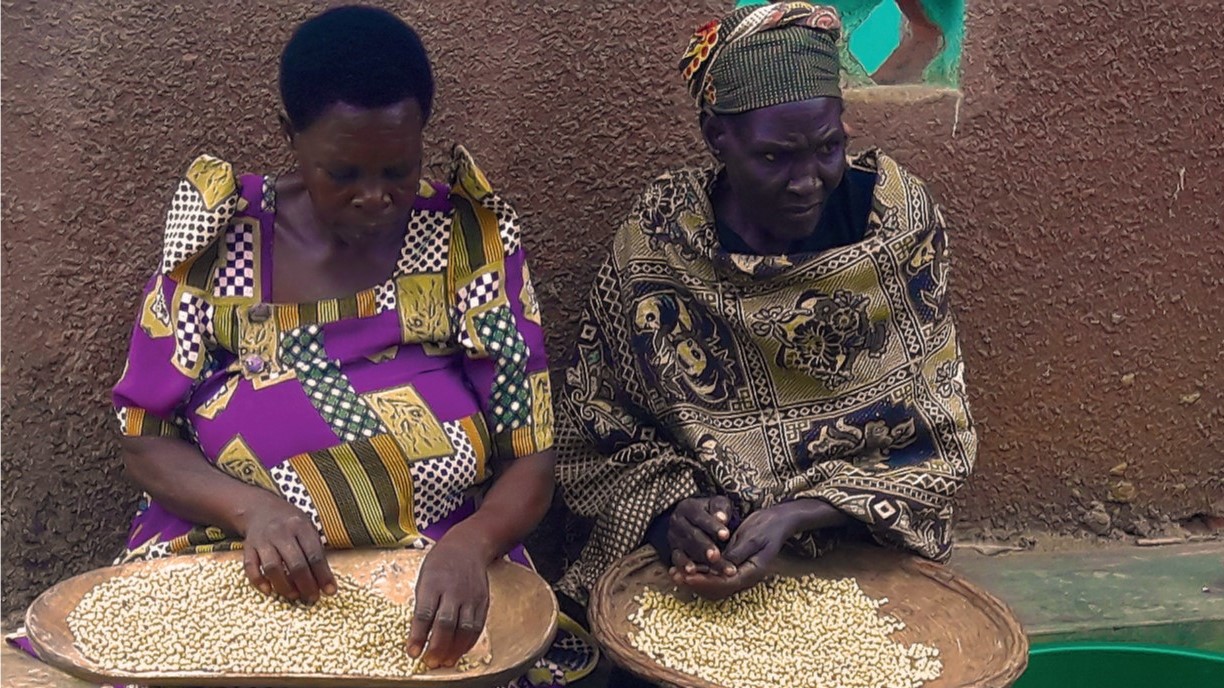IFAD-supported innovations enhance agricultural productivity in Morocco - IOE
Rome, 3 February 2021 – Interventions on local production systems in Morocco, realized through IFAD co-financed projects, have contributed to increased agricultural productivity, sustainable management of natural resources and greater resilience to climate change. These and other issues were presented earlier today, as Moroccan senior policy makers, representatives of IFAD’s Near East, North Africa and Europe Division (NEN) Division and the Independent Office of Evaluation (IOE) met to discuss the findings of the country strategy and programme evaluation (CSPE), carried out in 2020.
Key to the achievements of IFAD’s co-financed projects in Morocco has been the improvement of rangelands management combined with efforts aimed at strengthening crop and livestock production systems. These interventions have contributed to improving agricultural productivity, to promoting sustainable management of natural resources, and to improving resilience to climate change.
Co-organized by the Ministry of Agriculture, Fisheries, Rural Development and Water and Forests of the government of Morocco (MAPMDREF) and IFAD’s IOE, in collaboration with IFAD’s NEN Division, the on-line virtual workshop brought together representatives of public sector institutions and national stakeholders, multilateral and bilateral partners, and selected private sector organizations.
During the event, meeting participants addressed the main findings, recommendations and issues emerging from the CSPE. Discussions centred on how to promote local products, including by supporting their continued access to markets in order to ensure sustainability of agricultural production systems. In this context, participants also focused on the numerous technical and institutional innovations developed within the framework of each project thanks to partnerships with public and non-public actors.
During the 12 years (2009-2020) considered by the evaluation, the socioeconomic situation of Morocco has improved and the incidence of poverty has decreased significantly. Nevertheless, the grip of poverty remains high in rural areas, particularly in IFAD's geographic areas of focus, where it stands at 9.5%, compared to 1.6% in urban areas. This, notwithstanding that the agricultural sector employed 38.7% of the labour force in 2017. Challenges thus remain, and call for increasing actions towards women and youths, strengthening rural organisations sustainably, as well as a more proactive involvement of IFAD in the formulation of agricultural policies and strategies.
Looking forward, workshop participants focused on avenues through which rural organizations of women and youth may evolve into modern agricultural entrepreneurs, and discussed opportunities for mobilizing external partners in order to further support and upgrade agriculture systems in disadvantaged and less attractive geographical areas.
For further information, please contact Alexander Voccia at [email protected]
Follow us on:



